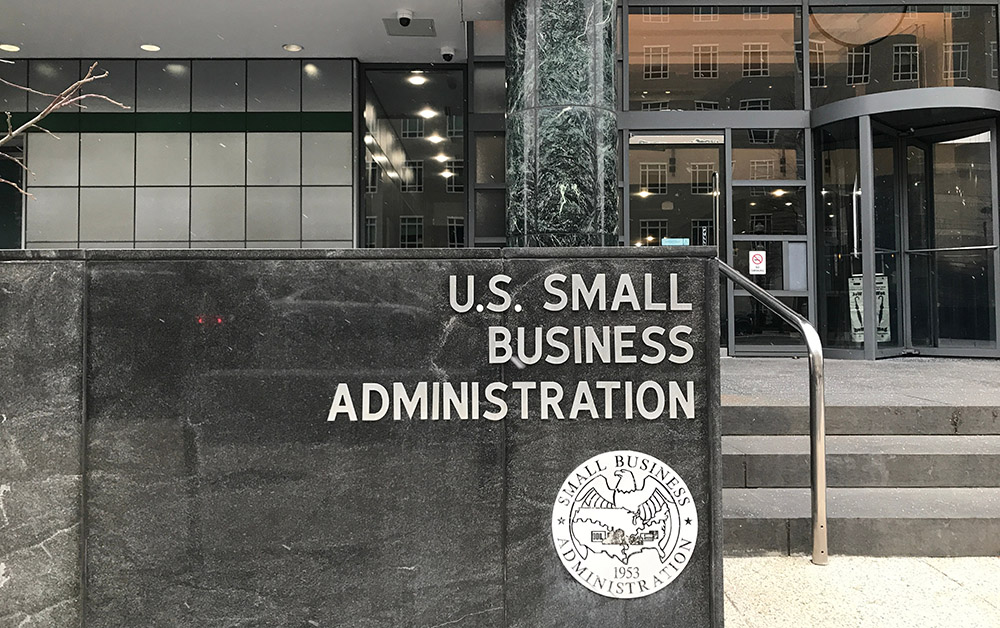In the CARES Act, PPP loans were made available only to applicants that were, “in operation on February 15, 2020.” Many businesses signed up for the PPP loan earlier this year with the intention and hope that the loan would help sustain the cost of operations temporarily. This would help their business return to what was planned, and ultimately result in their loan being forgiven when things returned to normal.
However, in what can only be described as classic 2020, things changed a lot this year. Businesses responded in a variety of ways. Businesses retracted in size or merged with new or existing companies, and some owners chose to retire or switch industries. Some investors have bowed out or invested more. Further, key employees have really stepped up, and the businesses want to give them more of a long-term stake in its future. These organizational changes brought an additional complication this year. Business owners are now tasked with figuring out whether these changes will affect PPP loan forgiveness and whether they must ask permission or notify the SBA or their lender about these changes.
The SBA recently issued guidance which helps provide certainty for those business owners who have yet to fully repay their loan or obtain loan forgiveness from the SBA. Three categories apply: (1) automatic approval, (2) PPP lenders can approve, and (3) PPP lenders and the SBA must approve before the closing of the transaction.
Automatic Approval
Smaller changes are considered automatic, and approval is deemed acquired on behalf of a PPP borrower if:
- The change of ownership/common stock by transfer or sale is less than 20%, including existing owners, in one transaction or many, or
- Less than 50% of the fair market value of the company’s assets are sold or transferred, in one transaction or many.
This allows businesses some flexibility to respond to the changing environment around them. Business changes that don’t meet this first category have to be concerned about rejection from their lender or the SBA for business decisions that the owners deem necessary or possibly risking their PPP loan forgiveness altogether.
Once an ownership change is 20% or more, a sale or transfer of business assets is greater than 50% of the fair market value, or there is any merger, a “change in ownership” is deemed to have occurred and advance notification and documentation of the proposed transaction to the PPP lender is required. The lender has 60 calendar days to review and approve or deny the change.
- PPP lenders can Unilaterally Approve
If the lender approves the change, there is no further SBA authorization required if either of the following apply:
- The change of ownership/common stock by transfer, merger, or sale is 50% or less, including existing owners, in one transaction or many, beginning on the PPP loan date approval, or it is a stock sale/ownership change and the borrower certifies with documentation the use of the PPP funds to date, and also puts any remaining balance of the loan in an interest-bearing escrow account controlled by the lender.
- The change in ownership is via an asset sale of 50% or more of the fair market value of its assets and the borrower certifies with proper documentation the use of the PPP funds to date, and also puts any remaining balance of the loan in an interest-bearing escrow account controlled by the lender.
If the change of ownership of a PPP borrower does not meet the criteria noted above, then there is another approval step.
- PPP Lender and SBA must both approve
If #1 or #2 above are not met, then the lender’s authorization and notice alone is not enough. The lender must also submit the request and documentation to the SBA for their approval.
Certainly, there are documentation procedures and a time investment that come along with the second and third categories, so careful planning is required for your significant business decisions. Regardless of a change of ownership or assets in this bumpy year, all PPP borrowers remain responsible for the obligations, certifications, and compliance requirements under the PPP loan. If you have any questions, your MarksNelson consultants are ready to walk you through what may come next.

